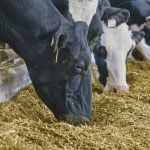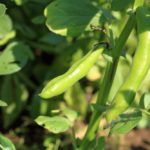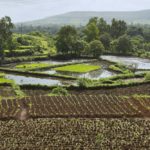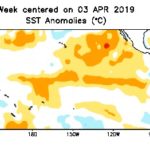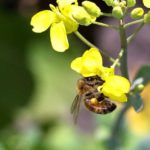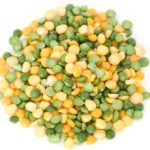No matter which crops Saskatchewan farmers grow, the same weeds appear year after year. While the culprits are consistent, how you manage them is not, especially as herbicide resistance cases mount. For nearly 50 years, Canada thistle, wild oats, wild buckwheat and green foxtail have appeared in the top-five list of problematic weeds in Saskatchewan. […] Read more


